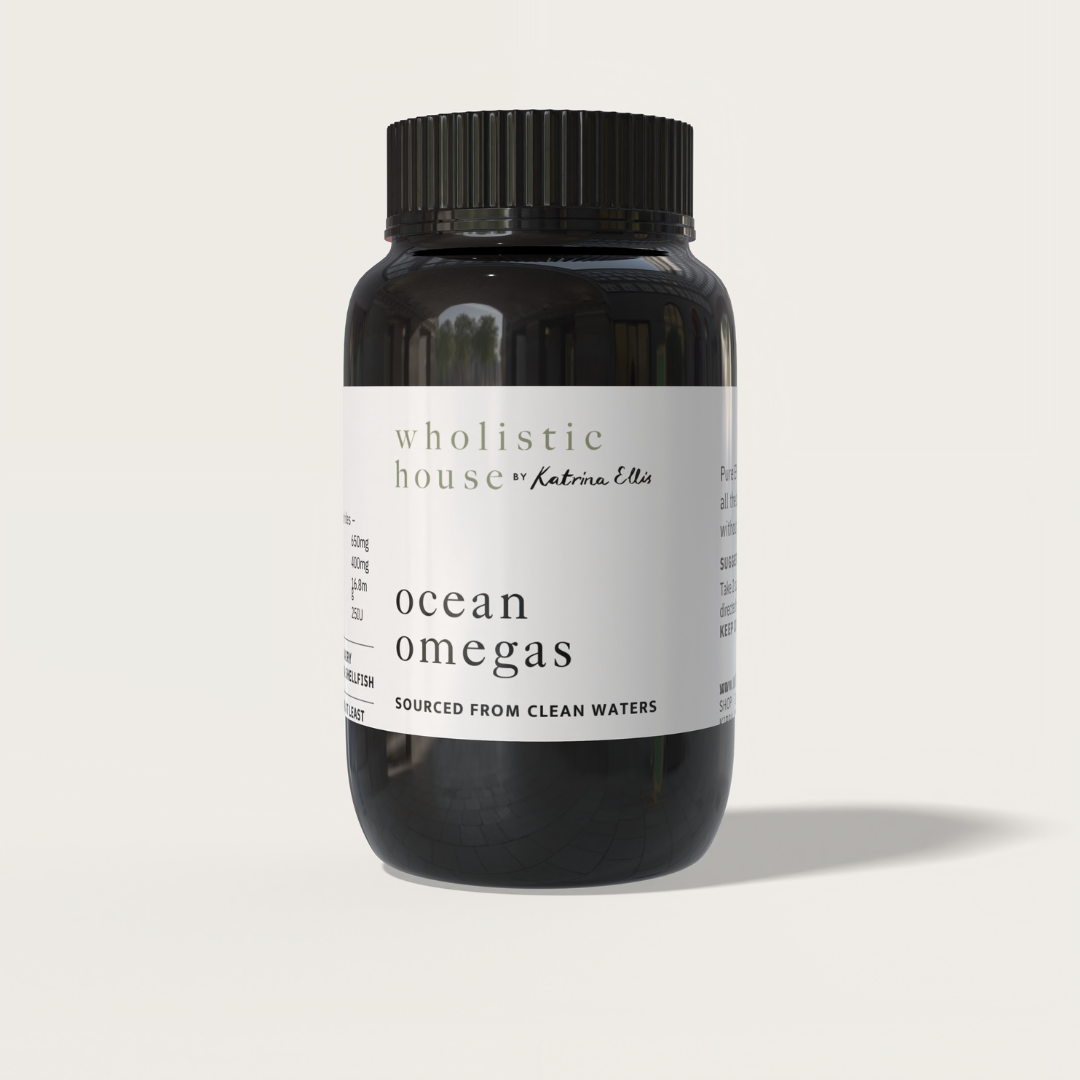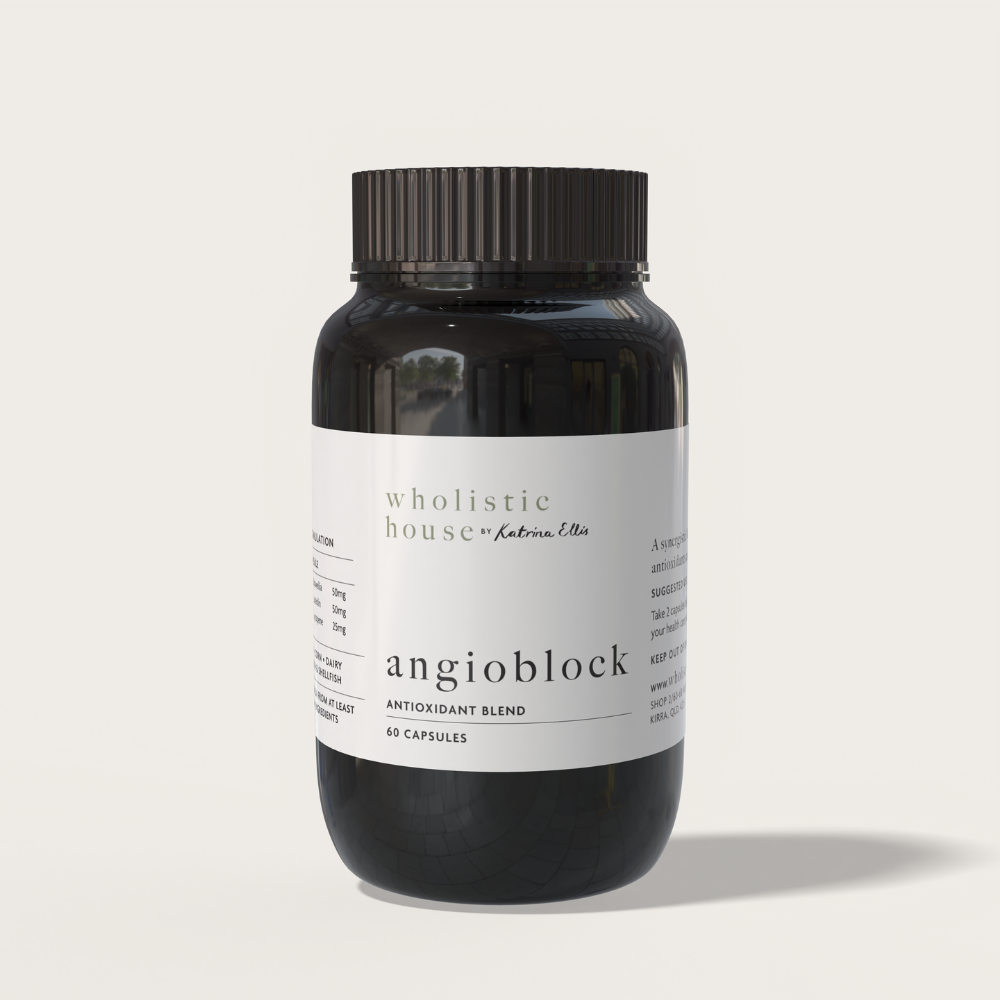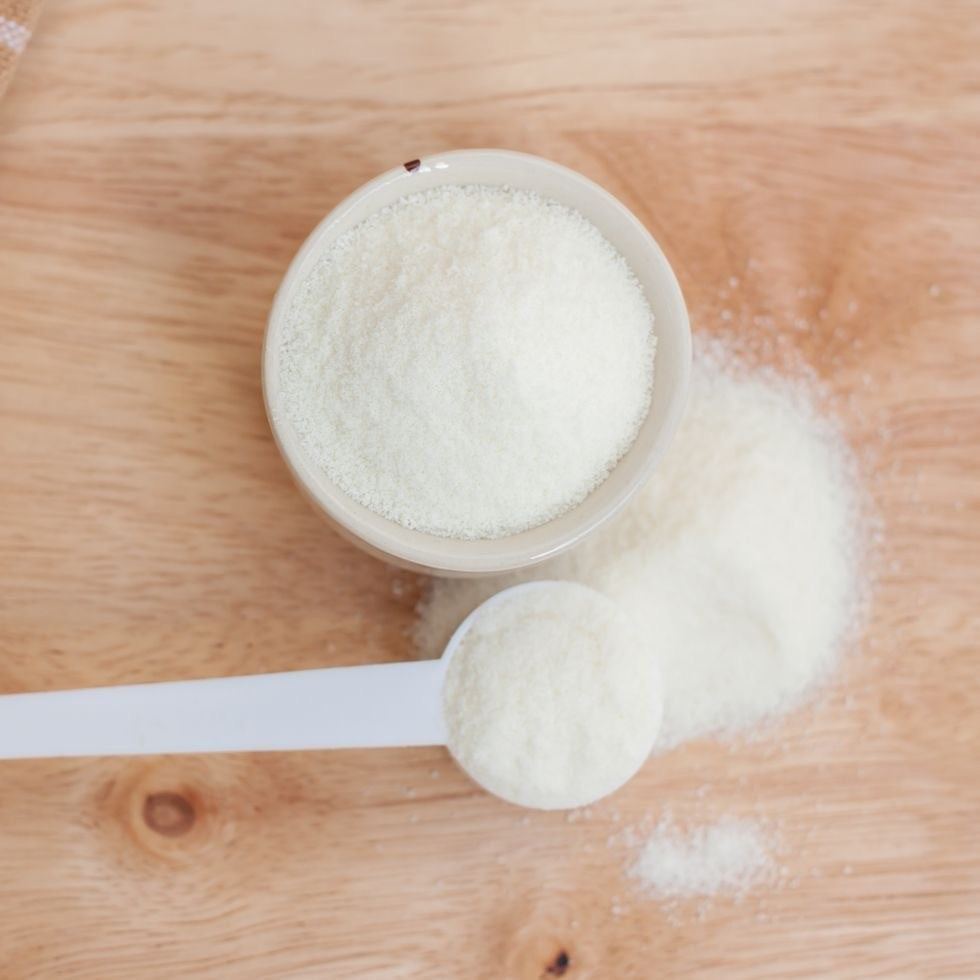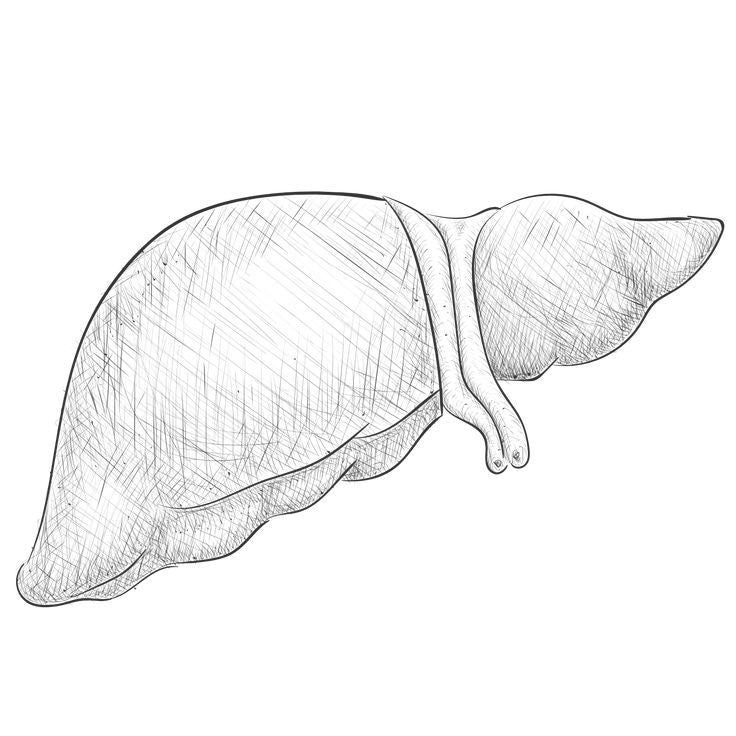
Inflammation - CALM the FIRE
Inflammation is a vital body process which involves a clever interplay of cells and signaling proteins working harmoniously together to safeguard the body against infection, trauma, injury, allergies, stress, and foreign invaders. While short-term inflammation serves to heal and protect the body, its persistency and misdirection can confuse the immune system, prompting it to attack healthy organs, tissues, and cells as if they were threatening. Often, this imbalance begins within the gut leading to heightened inflammation in the blood and tissues. This is how most autoimmune conditions manifest.
What, then, instigates inflammation? This internal protective mechanism has many different drivers but most often arises in response to infections from bacteria, viruses, fungi, or parasites, acting as the body’s defences against unwelcome agents. Moreover, injuries — such as cuts, sprains, burns, or trauma — can trigger inflammation, as the body mobilizes white blood cells to the affected area to facilitate healing. In addition, exposure to various toxins and irritants—including chemicals, alcohol, cigarette smoke, pollutants, heavy metals, and UV radiation—can provoke inflammation as the body aims to protect against any danger from these intruders. Furthermore, an unhealthy diet laden with processed sugar, refined carbohydrates, processed foods, hormone meats, pesticide sprayed produce and trans fats can lead to inflammation. Chronic stress is one of the biggest instigators of inflammation, along with hormonal imbalances, obesity and even poor sleep.
Inflammation is the body’s ‘emergency response’ to a potential threat from an injury or predator. When the body senses a danger like a pathogen, damaged cell, toxin or allergen, special immune cells, like macrophages and mast cells recognize the problem and send out an alert in the form of chemical messengers including histamines (to widen blood vessels), prostaglandins (to trigger pain and fever) and/or cytokines (that attract immune cells to the site). Blood vessels dilate to allow more blood to flow to the affected area resulting in redness and heat. An increase in blood vessel permeability allows more white blood cells, fluid and protein to enter tissues. As the body’s white blood cells rush to the scene in an attempt to engulf and destroy bacteria or damaged cells, they release more signaling molecules to ramp up or tone down the response. Once the threat is cleared, anti-inflammatory signals are released, the white cells leave or die and tissue repair occurs. In today’s world, this process is not as balanced as it once was. A poor diet rich in inflammatory foods, chemicals and toxins, coupled with a lack of anti-inflammatory nutrients and stress has led to more individuals experiencing chronic inflammation. A constant onslaught of inflammatory molecules has the opposite effect of healing and instead begins to damage important tissues, cells and organs.

Five signs characterise inflammation, including pain, heat, redness, swelling and a loss of function. However, not all of these signs are present with inflammation. Sometimes inflammation can be silent and not cause any of these symptoms. Yet, it might manifest as aches and pains, sore joints or muscles, arthritis, weight gain, skin rashes, itchy skin, fatigue, bloating, digestive issues, constipation, migraines, allergies, bags under the eyes, high or low blood sugar, fatigue, mood disorders, night sweats and more. Many diseases have now been linked to chronic inflammation including diabetes, arthritis, Alzheimer’s, dermatitis and eczema, bursitis, gout, acne, pancreatitis, inflammatory bowel disease problems like IBS, Crohn’s and Ulcerative Colitis, heart disease and even cancer.
To effectively reduce and eliminate chronic inflammation it is important to locate the ‘drivers of your inflammation. Some common drivers include:
- A lack of sleep
- A diet rich in inflammatory food ie. dairy products, animal meats, sugar, processed foods and nightshades
- A lack of omega 3 in the diet
- Poor digestion and elimination
- Exposure to heavy metals, toxins, microplastics, toxins, heavy metals
- Chronic stress
- Obesity
- A lack of exercise or too much exercise
- Exposure to viruses, bacteria, fungi and mould
- and so much more
One of the easiest ways to reduce inflammation is to adopt strategies to minimise stress, improve sleep and incorporate more anti-inflammatory nutrients. A selection of foods boasting natural anti-inflammatory properties can be incredibly useful in maintaining healthy inflammation levels and preventing disease. One of the most immediate ways to combat inflammation is to embrace an anti-inflammatory, antioxidant-rich whole foods diet. Foods that are rich in powerful antioxidants play a crucial role in alleviating oxidative stress, a contributing factor to modern inflammatory diseases. Additionally, incorporating practices such as fasting regularly into your lifestyle can be tremendously advantageous. By abstaining from eating over lengthy periods the body goes into a process of 'autophagy', enabling it to clean up dead or damaged cells, thereby relieving stress on elimination organs and removing many inflammatory molecules.
Inflammatory Foods to Reduce or Avoid
Produce grown with pesticides, herbicides and sprays
GMO Foods
Gluten (oats, wheat, barley, rye, spelt) – especially if not organic
Hormone and antibiotic filled dairy products
Corn (cornmeal, polenta, corn starch, masa, sweet corn, popcorn)
Sugar in all forms including high fructose corn syrup, corn syrup, processed agave, maple syrup and honey
Artificial Sweeteners (aspartame, sucralose, saccharine, acesulfame k and others)
Refined Vegetable and Seed Oils (soy, canola, corn, sunflower, safflower, margarine)
Trans Fats and Hydrogenated Oils including fried foods
Processed Meats containing nitrates (ham, salami, bacon, sausages, hot dogs, luncheon meats, chicken nuggets etc)
Artificial Colors, Preservatives and Flavourings
Nitrate rich foods like potato, tomato, eggplant and capsicum
Alcohol
Soy that is not fermented (TVP, soy protein etc)
Peanuts and Peanut Butter
All Processed Foods
The easiest way to reduce inflammation in the body is to adopt an antioxidant rich, anti-inflammatory diet rich in whole foods. This includes:
-
Leafy Greens like rocket, silverbeet, spinach, lettuces, micro-greens, bok choy, celery, kale and others - eat at least 3 cups of salad vegetables daily
-
Omega 3 Fats (avocado, chia, flax, and hemp seeds and oils, pumpkin seeds, wild-caught salmon and sardines, walnuts)
-
Cruciferous Vegetables (kale, cauliflower, cabbage, broccoli, kohlrabi, Brussel sprouts) – use at least one serve of these on a daily basis
-
Almonds, walnuts, sesame seeds – preferably activated
-
Ginger
-
Turmeric
-
Cinnamon
-
Omega 3 cold pressed oils – avocado, chia, hemp, flaxseed
-
Wild Berries especially blueberries and blackberries
-
Beets
-
Cold pressed juices like celery, ginger, kale, spinach, lime etc
-
Raw Fermented Foods (sauerkraut, kimchi, miso, plant-based yogurt, coconut kefir, natto) – use one serve daily
-
Sprouts (especially radish and broccoli sprouts)
-
Fresh Herbs (rosemary, basil, cilantro, fennel, oregano, thyme, parsley)
-
Organic Bone Broth, Gelatin
-
Herbal teas like green tea, matcha, meadowsweet, ginger, fennel etc
-
Lemons, limes, pineapple, papaya
-
Mushrooms – especially shitake, oyster and oriental shrooms
-
Seaweeds (nori, dulse, kelp, hijiki, wakame, kombu)
-
If you need some healthy carbohydrates in your diet include a small amount of organic buckwheat, quinoa, teff, amaranth or brown/wild/black rice.

Nature contains some incredible natural anti-inflammatory flavonoids/antioxidants that can push the direction of inflammation in the body in a positive way. Some of my favourites include:
-
Turmeric rich in Curcumoids like Curcumin
-
Ginger and galangal
-
Phytoplankton rich in EPA and DHA
-
Resveratrol 98% purity – other good sources include Japanese Knotweed, Maritime Pine
-
Proteolytic Enzymes (Serrapeptase, Nattokinase, Protease, Bromelain etc)
-
Boswellia
-
White Willow, Jamaican Dogwood, Holy Basil, Devils Claw and others
-
Medicinal Mushrooms like Reishi, Chaga, Lion’s Mane, Cordyceps, Maitake
-
Vitamin D3 – the right form – combined with Vitamin K2/K3
-
PEA
-
Luteolin, lycopene, apigenin, quercetin
-
CBD Oil – with THC if fighting cancer
-
And other powerful plants x
|
|
In love, health and harmony,
Referenced products








Leave a comment
This site is protected by hCaptcha and the hCaptcha Privacy Policy and Terms of Service apply.
All comments are moderated before being published.